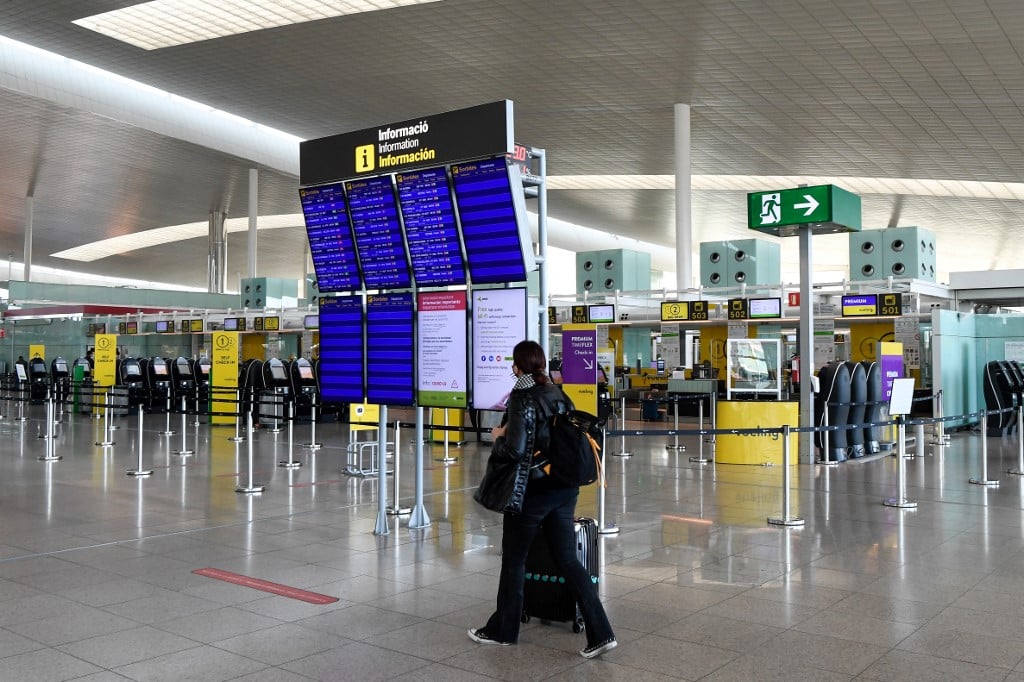Spain's cabinet agreed on Tuesday to extend entry restrictions for travellers from the three nations for another two weeks, Health Minister Carolina Darias told a news conference.
Only legal residents or nationals of Spain and the neighbouring micro-state of Andorra are currently allowed in on flights from these countries.
The restriction on arrivals from Britain was imposed at the end of December while the ban on arrivals from Brazil and South Africa came into effect on February 3rd.
This is the fifth time that Spain has extended its restrictions on arrivals from Britain.
“We’re looking to contain infections associated with the Covid variants as far as possible,” said Spanish government spokesperson María Jesús Montero.
The previous travel ban was scheduled to end on March 2.
Flight and ferry routes from the UK, South Africa and Brazil to Spain are expected to be reduced as a result as only legal residents or nationals of Spain are allowed to board.
Transit passengers will be allowed to continue their journey through Spain as long as their layover is less than 24 hours and they don't leave the airport.
The news also means that UK second home owners who aren't residents and Britons who want to visit Spain cannot do so until further notice.
READ MORE:
REMINDER: What are the travel rules from the UK to Spain?
Is Spain about to be added to the UK's 'red list'?



 Please whitelist us to continue reading.
Please whitelist us to continue reading.
Member comments